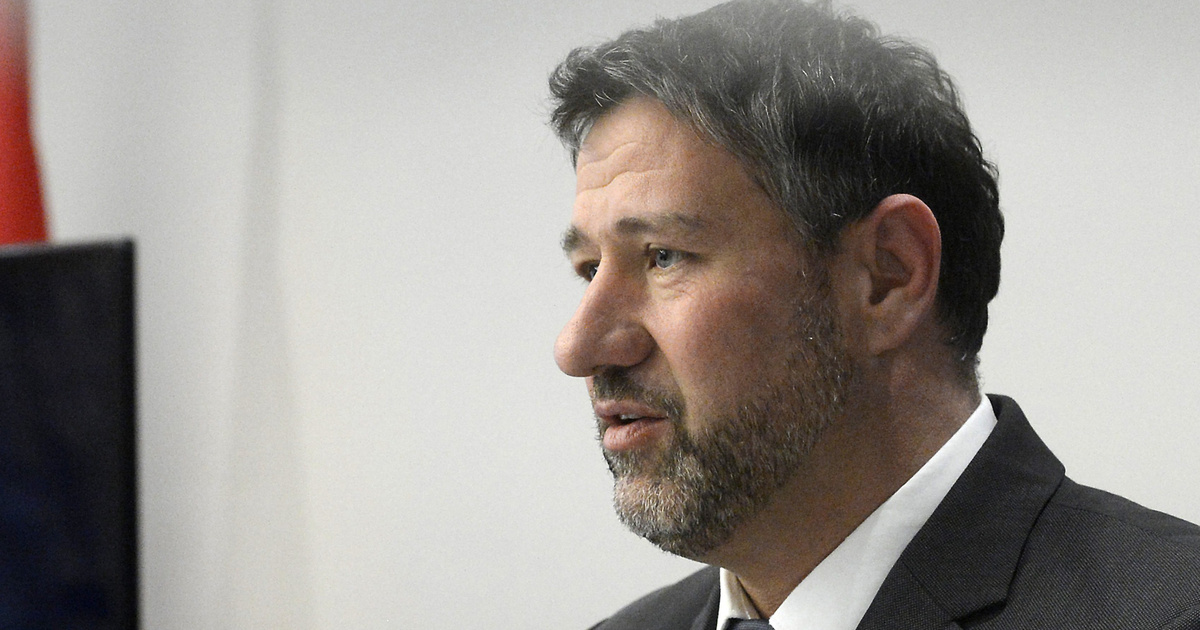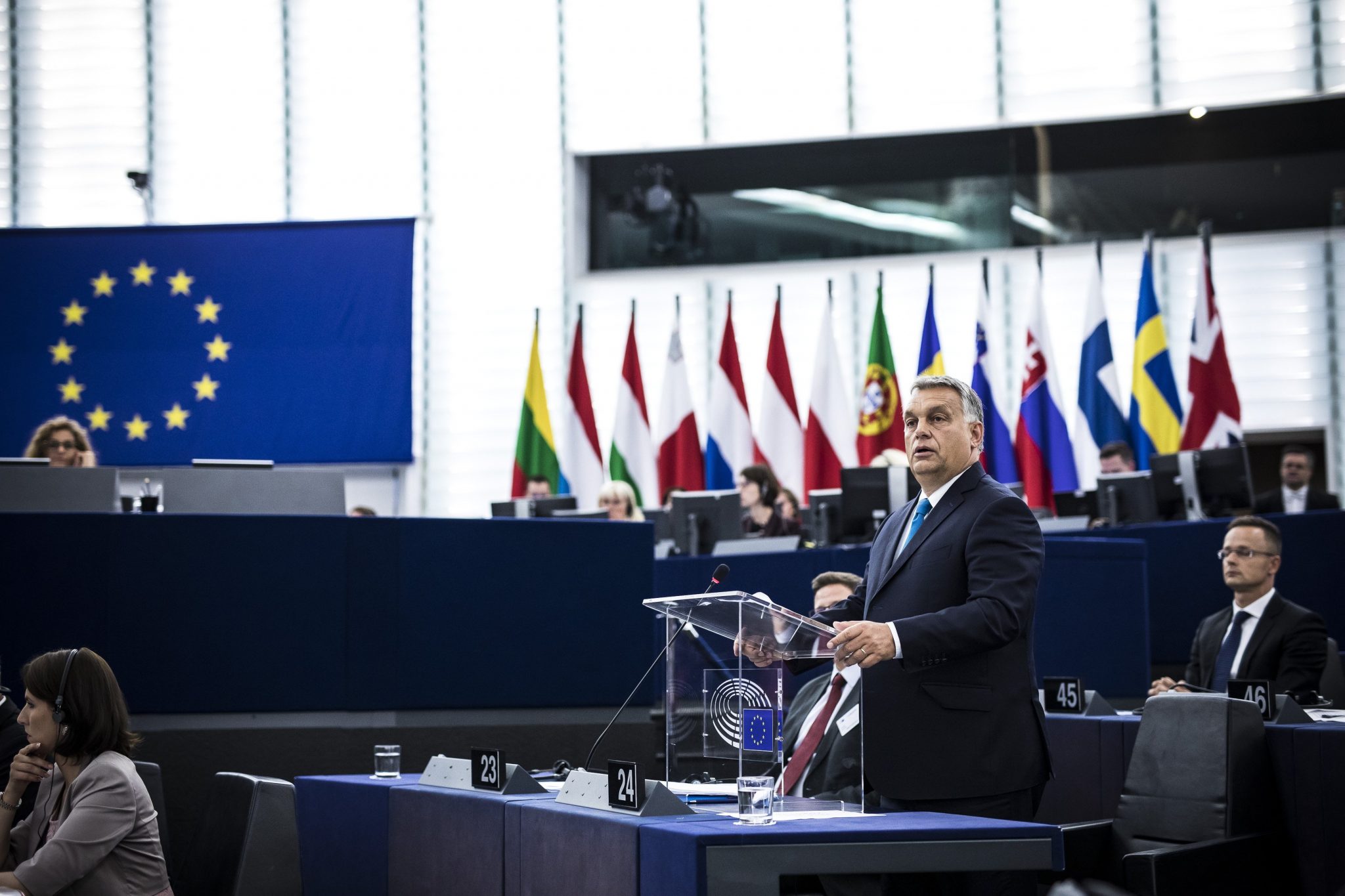
"Although my name is on the list of candidates - for which I would like to thank you all sincerely - I have decided that I would like to honor the wishes of my family and my party, so I will not be running," Simonka said.Continue reading

More and more EU money is flowing to pro-government businessmen in the EU member states, according to the European Parliament (EP). Therefore, the Budgetary Control Committee calls for gearing up action against oligarchs, in which Viktor Orbán is specifically named.
In the report, lawmakers in the parliament’s budget control committee said oligarchs and their networks act like states within states and their influence had “reached an unprecedented magnitude in the past several years” in the EU. Consequently, the European Commission must ramp up its fight against “oligarchical structures.”
Viktor Orbán, however, is specifically named several times in the report. According to leftist daily Népszava‘s correspondent, it is extremely rare for the EP to criticize politicians by name in such documents. According to the paper, approved by the committee by a large majority, the use of EU money in Hungary is a worrying phenomenon.”
In addition, in another feature, additions to the report also refer to investigative and fact-finding articles accusing the Prime Minister of redistributing agricultural wealth to his inner circle, claiming that “Viktor Orbán has centralized wealth in Hungary through agricultural subsidies and redistributed it to his inner circle.”
Orbán is not the only leader mentioned in the document. Former Czech Prime Minister Andrej Babiš, a long-time ally of Orbán’s, is also named. He is accused of a conflict of interest and of using offshore financial assets to acquire French real estate.
The government once again pointed to US-Hungarian billionaire George Soros in their reaction, saying that they hoped Brussels would similarly start tightening the use of EU funds of the “world’s number one oligarch,” George Soros, and his network.
The resolution on fighting oligarchy will be voted on by the parliament plenary at the end of March.
featured photo illustration by Balázs Szecsődi/PM’s Press Office